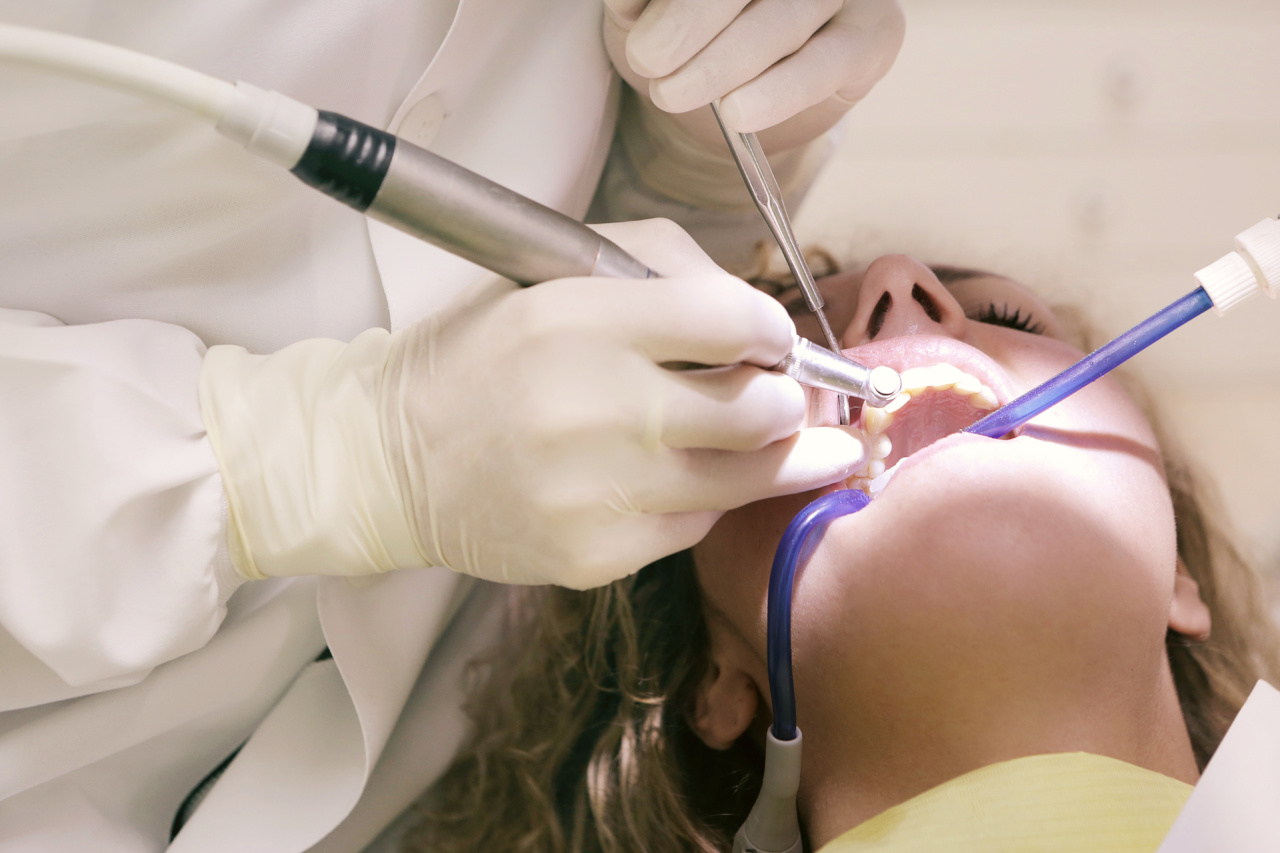Alzheimer’s disease is a neurodegenerative disorder that primarily affects people over the age of 65. However, it is also seen in younger people, which is an alarming fact.
When Alzheimer’s disease occurs in people under 65, it is often referred to as early-onset Alzheimer’s disease. While the symptoms and causes of early-onset Alzheimer’s disease are similar to those of late-onset Alzheimer’s disease, there are some differences.
In this article, we will discuss the symptoms, causes, and treatment of Alzheimer’s disease in young people.
Symptoms of Alzheimer’s in Young People
The symptoms of early-onset Alzheimer’s disease are similar to those of late-onset Alzheimer’s disease. However, the symptoms may be more pronounced in younger people, and there may be more behavioral and mood changes.
The symptoms of Alzheimer’s in young people may include:.
- Memory loss, especially recent events
- Difficulty in completing familiar tasks such as cooking, dressing, or bathing
- Problems with language, such as difficulty in finding the right words
- Confusion about time and place
- Poor judgment and decision-making
- Mood swings, irritability, or aggressive behavior
- Changes in personality or behavior
- Loss of motivation or interest in hobbies and activities
If you notice any of these symptoms in a young person, it is important to consult a doctor as soon as possible.
Causes of Alzheimer’s in Young People
The exact cause of early-onset Alzheimer’s disease is not known. However, there are some risk factors that may increase the likelihood of developing the disease. These risk factors include:.
- Genetics: Mutations in certain genes such as the APP, PSEN1, and PSEN2 gene increase the risk of developing early-onset Alzheimer’s disease.
- Down Syndrome: People with Down syndrome have an extra copy of chromosome 21, which contains the APP gene. This increases the risk of developing Alzheimer’s disease.
- Head Trauma: People who have had a severe head injury are at a higher risk of developing Alzheimer’s disease later in life.
- Lifestyle factors: Like late-onset Alzheimer’s disease, risk factors such as high blood pressure, high cholesterol, and diabetes may increase the risk of developing early-onset Alzheimer’s disease.
It is important to note that not everyone with these risk factors will develop early-onset Alzheimer’s disease, and not everyone with the disease will have these risk factors.
Treatment of Alzheimer’s in Young People
There is currently no cure for Alzheimer’s disease, including early-onset Alzheimer’s disease. However, there are treatments available that can help manage the symptoms and improve quality of life.
The treatment options for early-onset Alzheimer’s disease may include:.
- Medications: The medications used to treat Alzheimer’s disease may help improve cognitive function, reduce behavioral symptoms, and slow the progression of the disease.
- Therapies: Occupational therapy, speech therapy, and other types of therapies can help young people with Alzheimer’s disease manage the symptoms.
- Lifestyle changes: Exercise, a healthy diet, and social activities may help improve cognitive function and reduce the risk of developing Alzheimer’s disease later in life.
The treatment plan for early-onset Alzheimer’s disease will depend on the individual’s symptoms, disease progression, and other factors. It is important to work closely with a doctor to develop a personalized treatment plan.
Conclusion
Alzheimer’s disease in young people is a challenging and difficult condition to manage. While there is no cure for the disease, early diagnosis and treatment can help manage the symptoms and improve quality of life.
If you notice any of the symptoms of Alzheimer’s disease in a young person, it is important to consult a doctor as soon as possible. By working closely with a doctor, family, and caregivers, young people with Alzheimer’s disease can live a full and meaningful life.




























